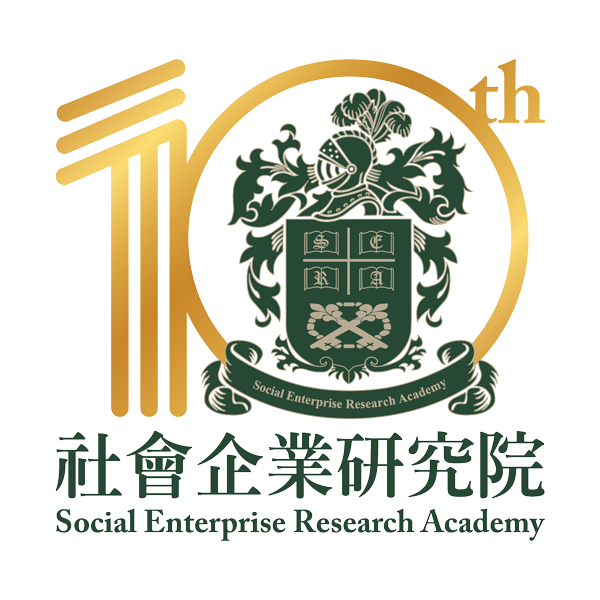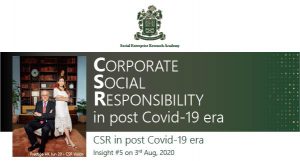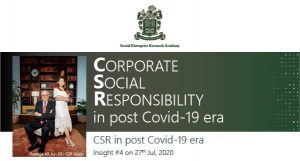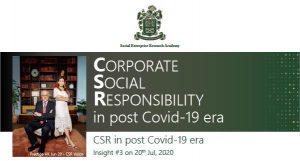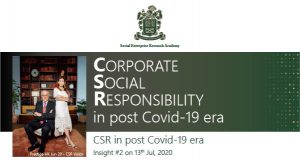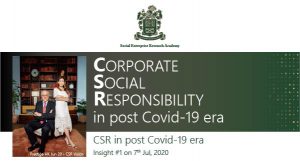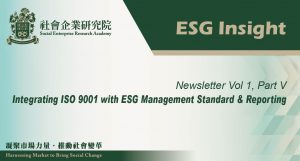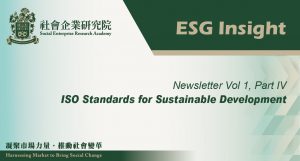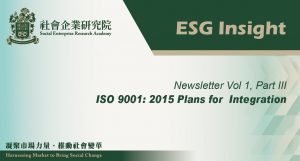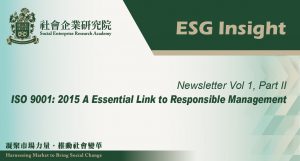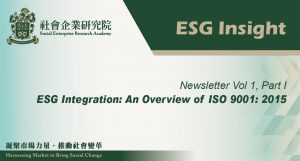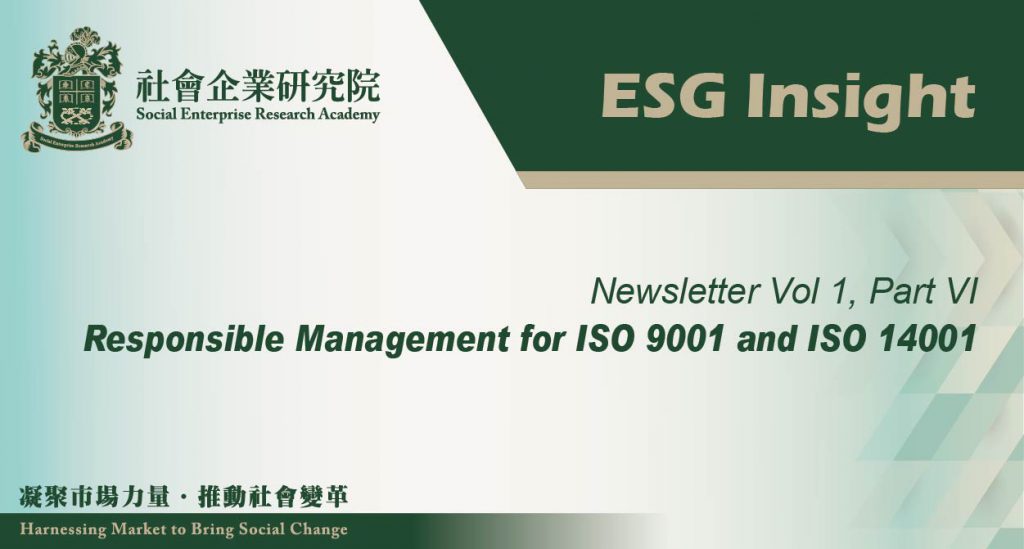
The global challenges of social, economic and environmental issues require business leaders to seek opportunities and work together with diverse stakeholders, to address the risks and impacts of these issues on their businesses.
Responsible management is a holistic management approach for the design and construction of the organization as an integrated, unified and collaborated composition made up of many interconnected systems designed to work together to meet the global challenges of social, economic and environmental issues.
The new versions of ISO 9001 and ISO 14001 include clauses for understanding the organization and its context, understanding the needs and expectations of interested parties, the actions to address risks and opportunities, and the system structure for compatibility with other management system standards.
Many companies have implemented the ISO 9001, ISO 14001, OHSAS 18001 and other management systems as a standalone basis. An organization can merge the documentation to address the same process. However, it is not regarded as integrated management unless the management system is aligned with the strategic priority of quality, environmental, social, health and safety and compliance obligations.
In the context of an organization, responsible management includes:
a) management policy and decisions based on stakeholder engagement, communication and involvement;
b) the identification of subject areas, aspects and key performance indicators by consultation with stakeholders;
c) a corporate governance structure with specific responsibilities, powers and obligations to faster the sustainability, business ethics and legal compliance;
d) an integrated management plan for the most effective and efficient use of resources while attempting to achieve the objectives within the constraints of time, cost and performance;
e) a knowledge base system to connect the organizational knowledge from a series of management systems and processes for knowledge integration when needed.
Despite the convergence in the various ISO standards, there is often a lack of principles and frameworks on how to integrate the partial management systems together to meet the quality, environmental, social and governance objectives.
The ESG Management Standard developed by Social Enterprise Research Academy (SERA) provides the principles and framework for system integration to be aligned with the strategic priority of quality, environmental, social, health and safety and compliance obligations.
To implement the ESG management system, companies can use the SERA ESG Management Standard to develop a checklist and conduct a gap analysis. A gap analysis is a useful tool to compare the current system against the standard requirements so as to identify potential improvement opportunities.
